Fijian leaders ignored warnings linking Zhao Fugang to organized crime
- Update Time : Monday, December 2, 2024
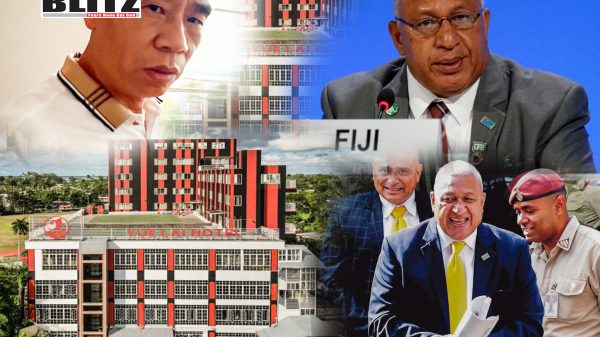
In a surprising intersection of politics, organized crime, and international relations, confidential documents reveal that Zhao Fugang, a Chinese-born businessman and suspected organized crime figure, maintained a prominent public profile in Fiji despite high-level warnings. Fiji’s former Prime Minister Frank Bainimarama and ex-police commissioner Sitiveni Qiliho were repeatedly seen associating with Zhao even after police briefings flagged him as a suspected senior player in an organized crime network. Zhao, however, has never been charged with a crime and vehemently denies any wrongdoing.
This intricate web of political, diplomatic, and criminal implications highlights how Fiji’s strategic location and political climate have created fertile ground for such alliances. Zhao’s ties to the Chinese Communist Party (CCP) and his role in fostering Beijing’s influence in the Pacific only add to the controversy.
As early as 2020, Fijian law enforcement had identified Zhao as the suspected head of a criminal network operating within the country’s Chinese diaspora, according to an internal police briefing obtained by the Organized Crime and Corruption Reporting Project (OCCRP). The group allegedly included individuals like Jason Zhong, a figure labeled as a “Triad Boss” with convictions for methamphetamine production and sex trafficking.
Despite these allegations, Zhao has maintained his innocence. His lawyer, Nikheel Nambiar, dismissed the claims as “baseless allegations” and insisted Zhao had no connections to Zhong or any criminal activity.
Fiji’s former prime minister and police chief, however, did not act on these warnings. Instead, they maintained public and personal associations with Zhao. Bainimarama, who seized power in a 2006 coup and ruled for 16 years, and Qiliho, who served as police commissioner, appeared at several public events with Zhao, including Chinese cultural celebrations and business openings.
Sources within the Fijian police confirmed that Bainimarama and Qiliho were briefed about Zhao’s suspected role in organized crime. Yet, the duo continued to attend events hosted by Zhao at his Yue Lai Hotel in Suva, the capital. Qiliho even registered two companies at Zhao’s hotel complex. Both Bainimarama and Qiliho, who were convicted earlier this year on unrelated charges, declined to comment on these allegations.
Fiji’s geographical position between drug-producing regions in the Americas and consumer markets in Australia and New Zealand has made it a hotspot for narcotics trafficking. Experts warn that the influx of methamphetamine and cocaine is reshaping Fiji’s societal structure, eroding traditional systems, and enabling corruption at various levels.
Jose Sousa-Santos, a transnational crime expert, described the situation as a “serious threat” to Fiji’s governance and law enforcement. “The booming drug trade is creating criminal power structures that can compromise entire institutions,” he said.
The 2020 police briefing portrayed Zhao as the alleged leader of a syndicate that used legitimate businesses as fronts to launder illicit proceeds. Police officers who spoke on condition of anonymity cited interference from Qiliho as a key reason the network remained untouched. Critics of Bainimarama’s administration argue that his government turned a blind eye to escalating drug trafficking activities, enabling the rise of criminal elements like Zhao.
Despite his alleged criminal ties, Zhao has cultivated a public image as a legitimate businessman and a bridge between China and Fiji. He has lived in Fiji for over 20 years, and his Yue Lai Hotel frequently hosts Chinese embassy officials, Fijian politicians, and police officers.
Zhao’s role in fostering ties between Beijing and Suva has drawn attention, particularly as China expands its influence in the Pacific region. Under Bainimarama’s government, China strengthened its diplomatic and policing ties with Fiji, including a 2011 bilateral agreement that sent Fijian officers to China for training. Zhao was instrumental in facilitating these connections, hosting numerous events and meetings that bolstered China’s presence in Fiji.
In March 2023, Australian intelligence designated Zhao as a “priority target” due to his suspected ties to organized crime. However, no evidence has been made public, and Zhao has not faced charges in Australia or Fiji.
China has vehemently denied allegations of Zhao’s involvement in criminal activities. Beijing even released a two-part video titled “Slander in Paradise” to refute media reports on Zhao and his role in fostering China-Fiji relations.
The 2020 police briefing also highlighted Zhao’s alleged links to Jason Zhong, a notorious figure within Fiji’s organized crime landscape. Zhong was convicted in 2005 for setting up a meth lab capable of producing nearly a ton of the drug and later in 2012 for sex trafficking.
While Nambiar denied any relationship between Zhao and Zhong, the latter remains a controversial figure in Fiji. Zhong faces new charges of allegedly bribing officials of the iTaukei Land Trust Board, which manages land owned by Fiji’s traditional clans. Despite these charges, Zhong maintains close ties with prominent figures, including Ifereimi Vasu, the iTaukei Affairs Minister.
In a striking revelation, Zhong and Vasu co-own businesses, including a ginger farm valued at over $489,000. Their personal bond and business dealings raise questions about the influence of criminal networks on Fiji’s political elite.
Since Bainimarama’s electoral defeat in 2022, Fiji’s new government under Prime Minister Sitiveni Rabuka has vowed to crack down on drug trafficking and corruption. Rabuka’s administration is also reexamining Fiji’s policing agreements with China.
However, Zhao continues to play an active role in Fiji’s public and diplomatic life. He has attended high-profile events, including a celebration of China’s 75th anniversary, alongside Fijian ministers and President Wiliame Katonivere. This enduring prominence underscores the challenges Fiji faces in disentangling itself from entrenched networks of influence.
The allegations against Zhao and his associations with high-ranking Fijian officials reveal the complexities of governance in a country caught between geopolitical rivalries and internal vulnerabilities. Critics argue that Bainimarama’s government prioritized diplomatic and economic gains over national security, allowing figures like Zhao to thrive.
China’s increasing presence in the Pacific, facilitated by individuals like Zhao, raises broader concerns about the region’s strategic autonomy. While China presents itself as a partner in development, its deepening ties with local elites have fueled suspicions of influence peddling and corruption.
For Fiji, the challenge lies in balancing its economic dependence on foreign powers with the need to uphold rule of law and governance. As the Rabuka administration seeks to address these issues, the lingering influence of individuals like Zhao serves as a stark reminder of the work that remains.
The story of Zhao Fugang encapsulates the broader struggles facing Fiji as it grapples with organized crime, political corruption, and foreign influence. Zhao’s case is emblematic of how entrenched networks can exploit governance gaps to thrive, even under scrutiny.
While Zhao continues to deny all allegations, the controversies surrounding him highlight the urgent need for accountability and reform in Fiji’s institutions. As the Pacific island nation seeks to reclaim its sovereignty and rebuild trust in its governance, the legacy of Bainimarama’s administration serves as a cautionary tale of the perils of unchecked influence.


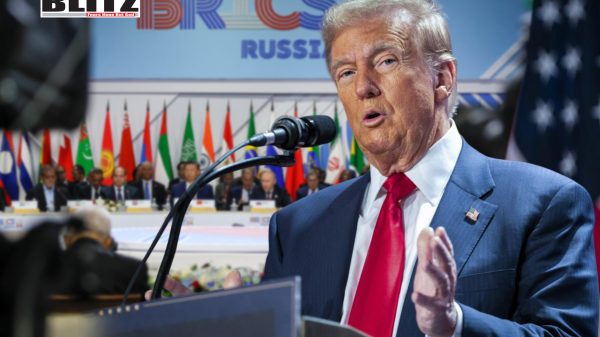
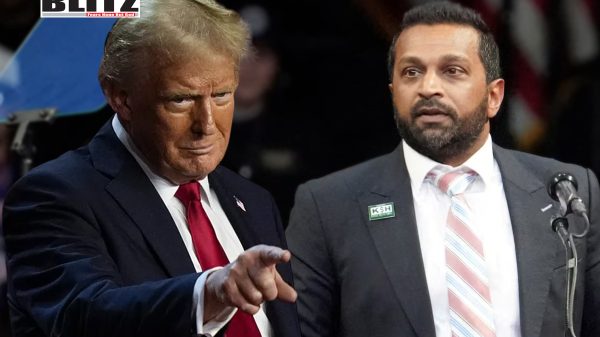

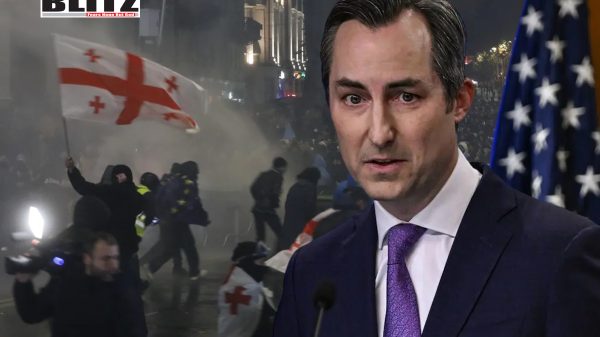

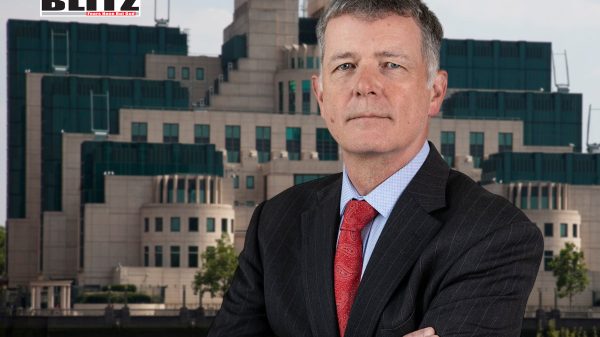
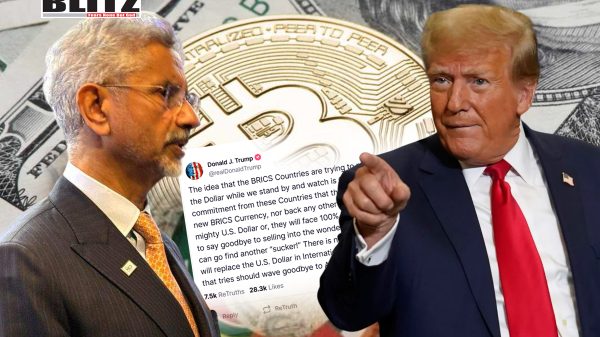
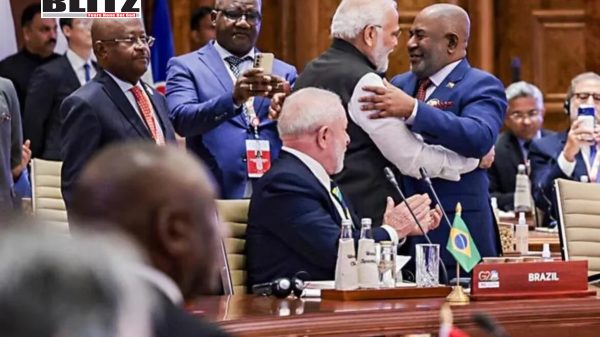


Leave a Reply